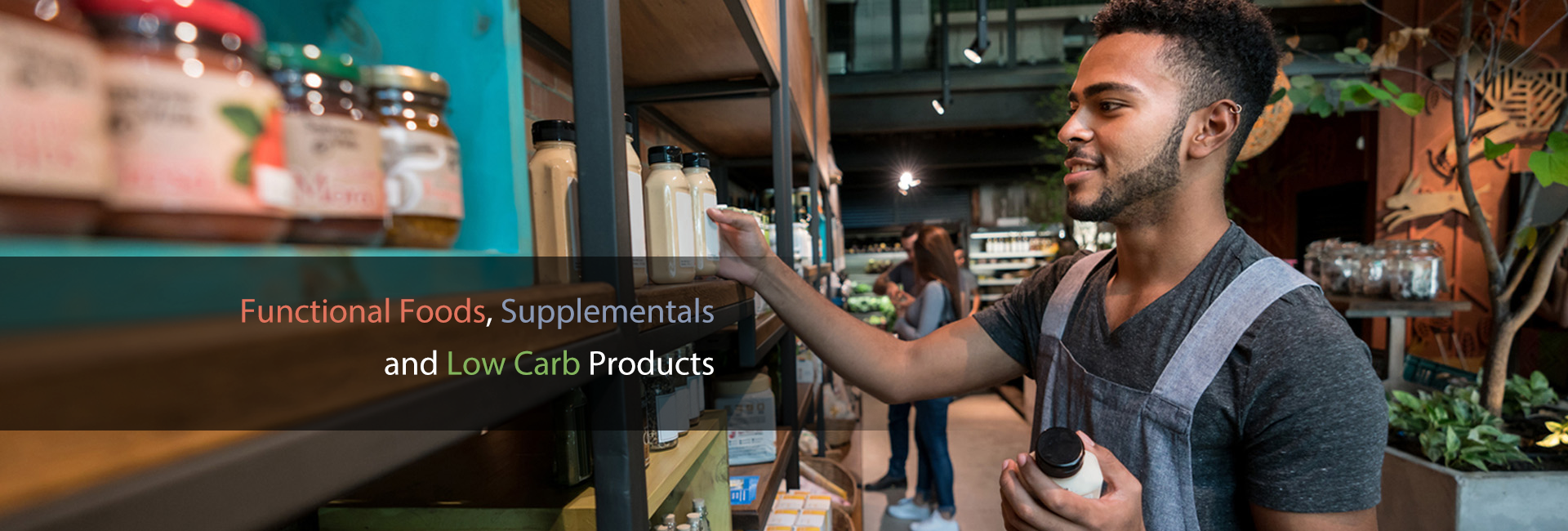Latest Trends in Plant Based Milk Alternatives
Market trends suggest a promising future for plant-based milk alternatives. With average annual growth rates of 11.5%1 over the next 5 years, there is clear growth to be seen in this section of your grocery aisles.
Here are some reasons for the upward trend:
1. Rising Health Awareness.
As more consumers become aware of the health benefits associated with plant-based diets, including lower cholesterol - also an important factor in healthy aging and reducing their risk of heart disease, the demand for plant-based milk alternatives will grow as a staple dietary component for baking, cereals, coffee and tea beverages, and even general consumption.
Some dairy alternative products are also fortified with added vitamins and minerals, while others are made from wholesome, short lists of ingredients like water and one or a blend of organic nuts, flax, or hemp seeds, organic soy, and so on, making them an attractive option for health-conscious consumers looking to supplement their diets with essential vitamins and minerals that could be lost from drinking regular cow's dairy, instead. Of course, some will always remain of the camp that a good quality, organic or grass-fed dairy milk (cow/goat) trumps all else, nutrition-wise!
2. Dietary Restrictions and Allergies.
The prevalence of lactose intolerance and dairy allergies is another significant factor driving consumers towards plant-based milk alternatives. These products provide a viable option for those who cannot consume traditional dairy due to health reasons.
Another case can also be made for non-nut-based milks, where common nut allergies present a concern, in addition to growing callouts and comparisons about environmental-friendliness. This is where players in the plant-based milk game offer solutions in consumer-friendly packaging, like oat milk, but still pose the issue to the broader market about the growing possiblity of yet another monoculture. Which leads into our next point!
3. Environmental Concerns.
Back to conventional dairy, the market leader, - the environmental impact of traditional dairy farming, including high water usage and greenhouse gas emissions, has led environmentally conscious consumers to seek out more sustainable alternatives. Plant-based milks generally have a lower environmental footprint, appealing to eco-aware shoppers.
4. Innovation and Variety.
The sector is witnessing continuous innovation, with new products and flavors being introduced, such as oat, almond, pea, and flax seed milk. This variety not only caters to different tastes but also enhances the appeal of plant-based milks across a broader audience.
Formats specifically modified to create the perfect, steamy oat or pistachio latte, and flavours like caramel, toasted nuts, french vanilla and the like pose a serious threat to outdated coffee whiteners.
Companies in this space that are able to innovate and execute well both in their flavour and ingredient selections, know exactly what they're doing. These innvoations can grow the percentage of earnings spent by loyal customers for these brands.
Other factors like price point, and sustainability certainly play a role as well when thinking about mass-adoption.
5. Mainstream Retail Adoption.
Plant-based milk alternatives are increasingly moving from niche health food stores to mainstream supermarkets and grocery chains, increasing their visibility and accessibility.
This shift is supported by significant investments from big food companies and startups alike, aiming to capitalize on growing consumer interest.
As more varieties of plant-based milks glean popularity in the natural sector, the same will be seen in the conventional sector, too.
A closing thought...
Where the right educators, buyers, and suppliers can see mutual benefit to their business or organization models, the consumer, and the environment, the decisions made by the right and most capable teams will infom the length of the current trends.
LCG Foods aims to supply the best natural ingredient products sourced from the most qualified suppliers to support people and the planet in their respective industries. Browse our Stories Worth Telling page and Full Brand Portfolio to view some of the companies whose missions and stories we love supporting!


